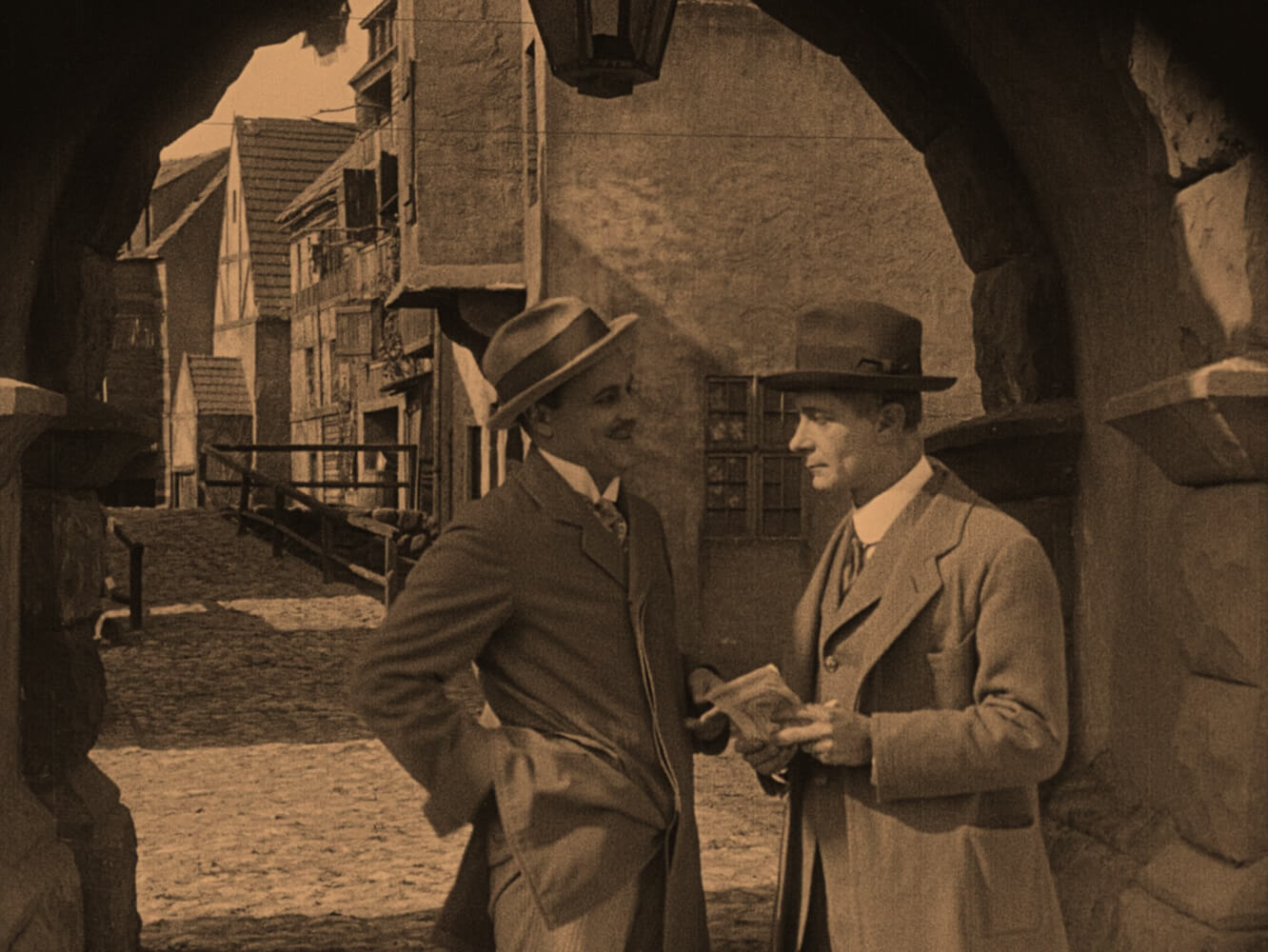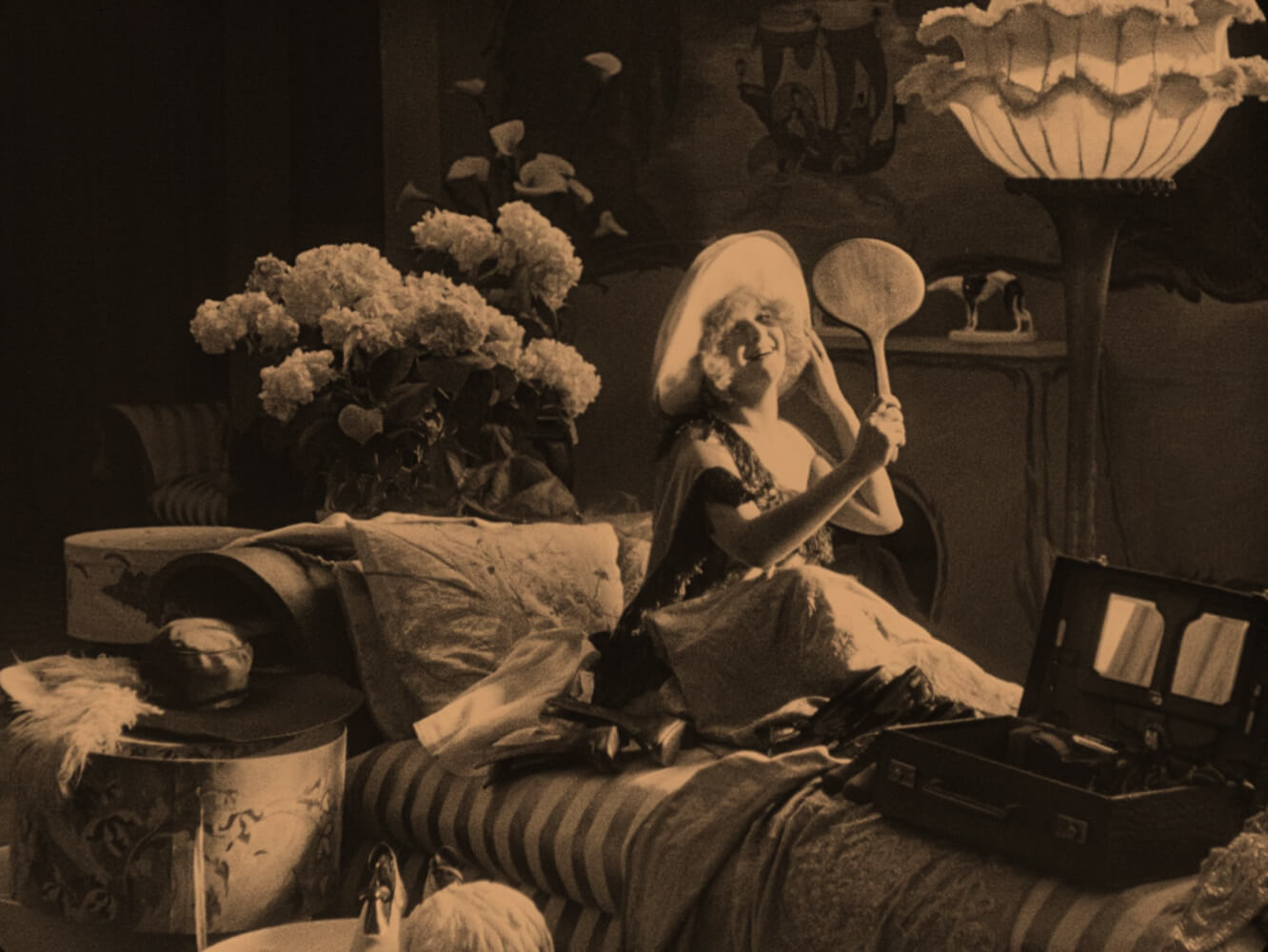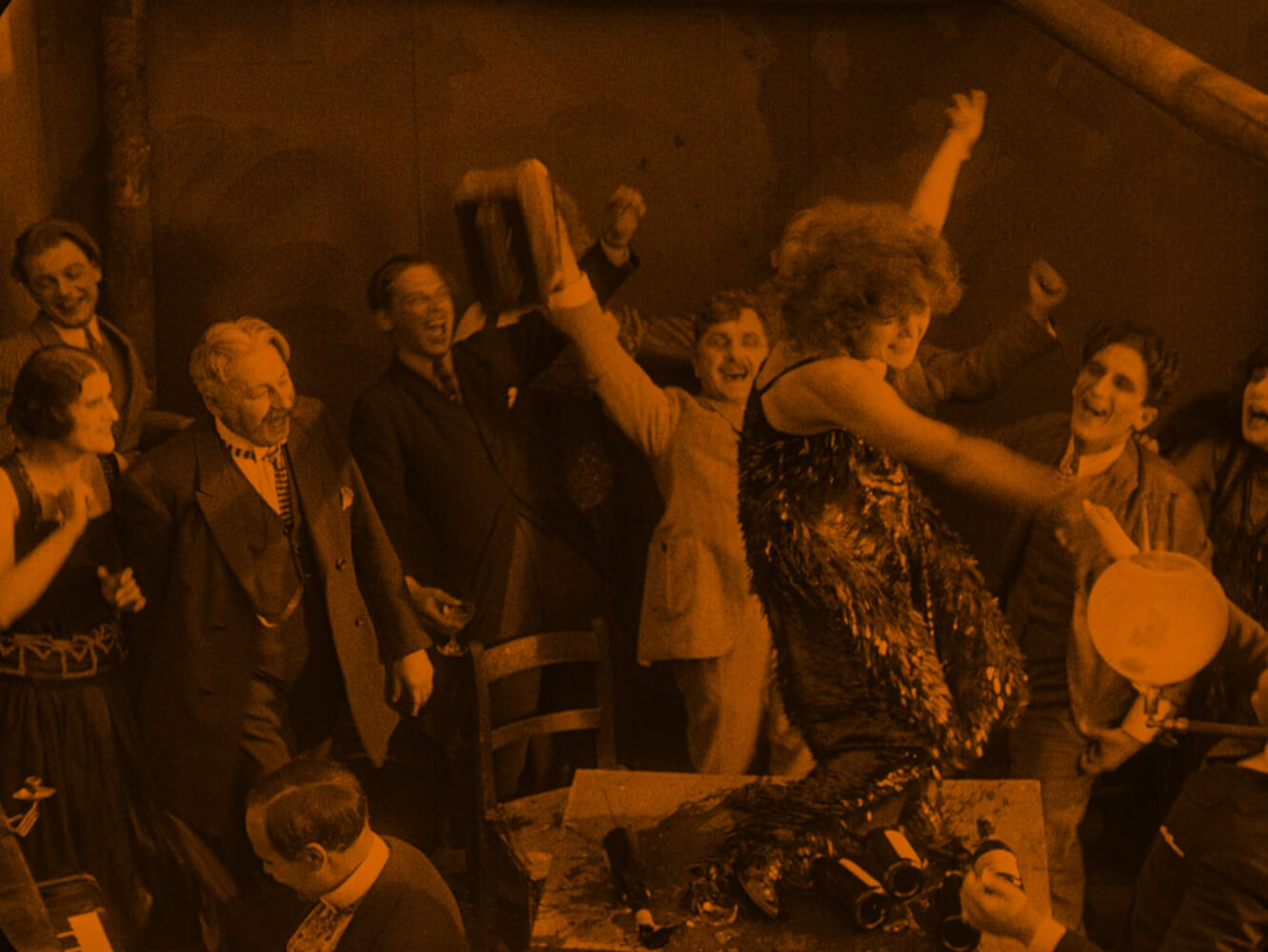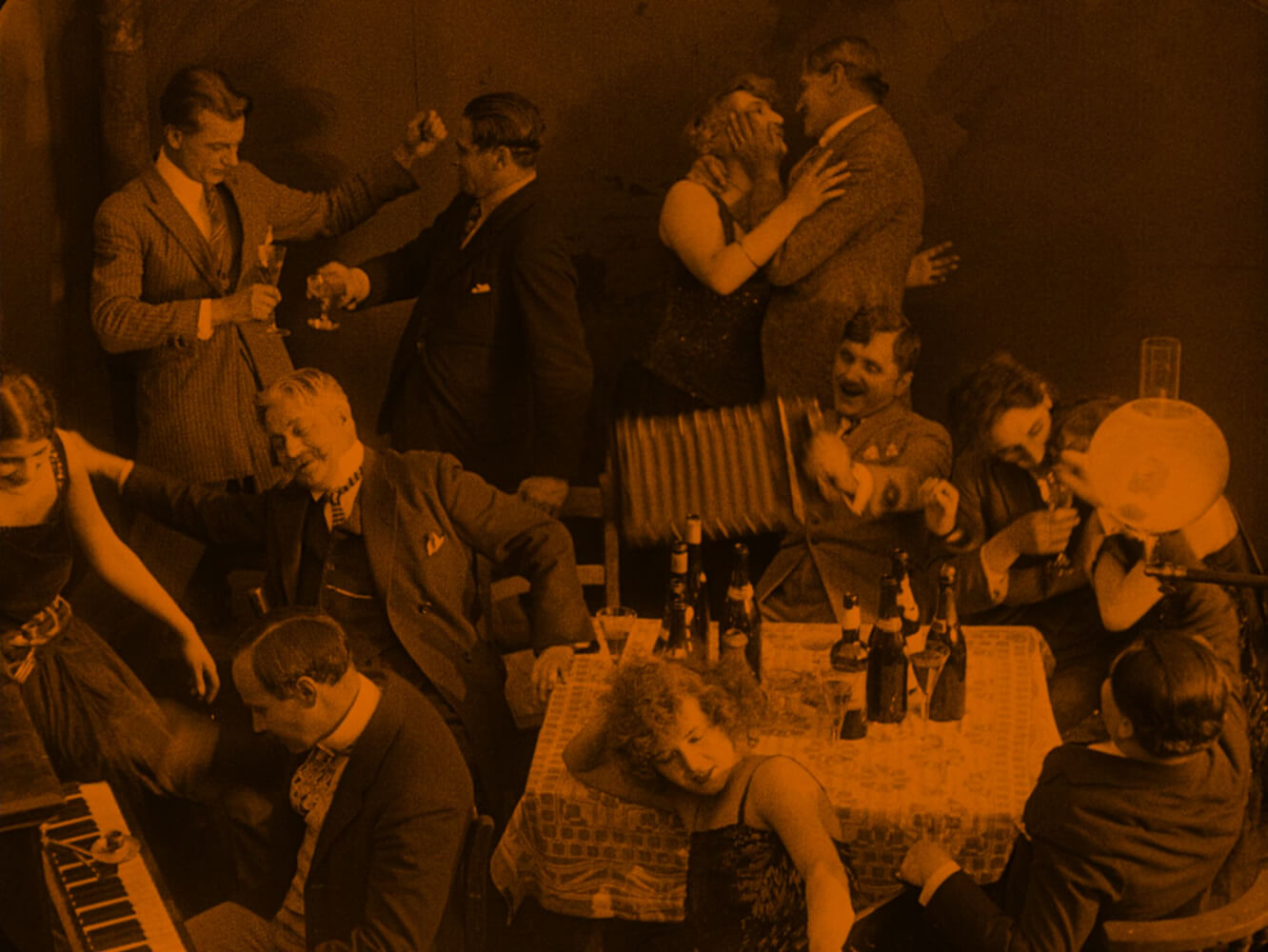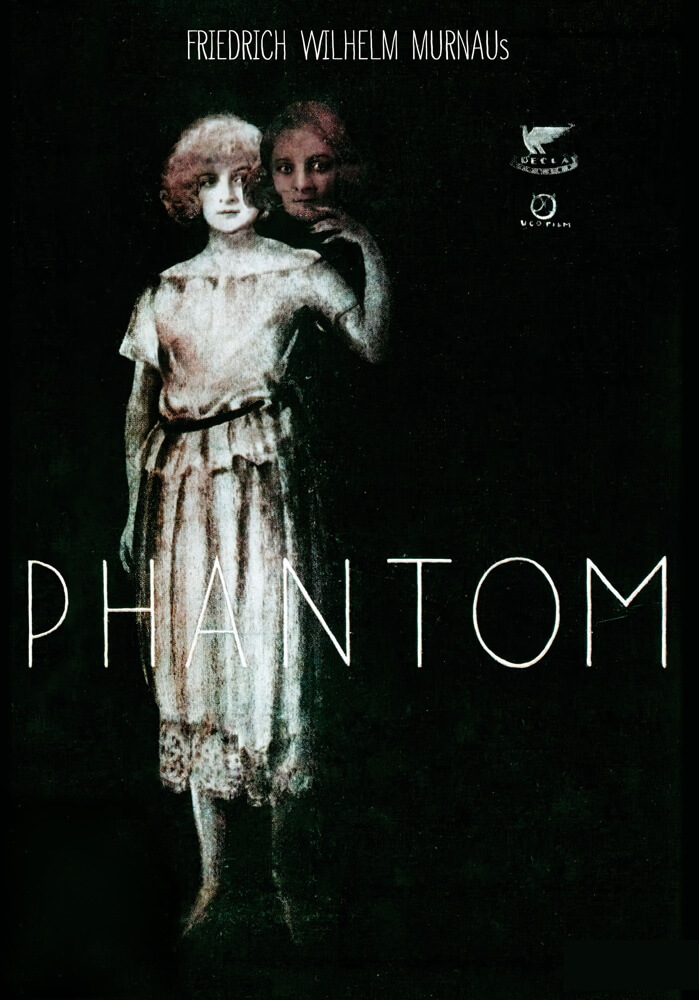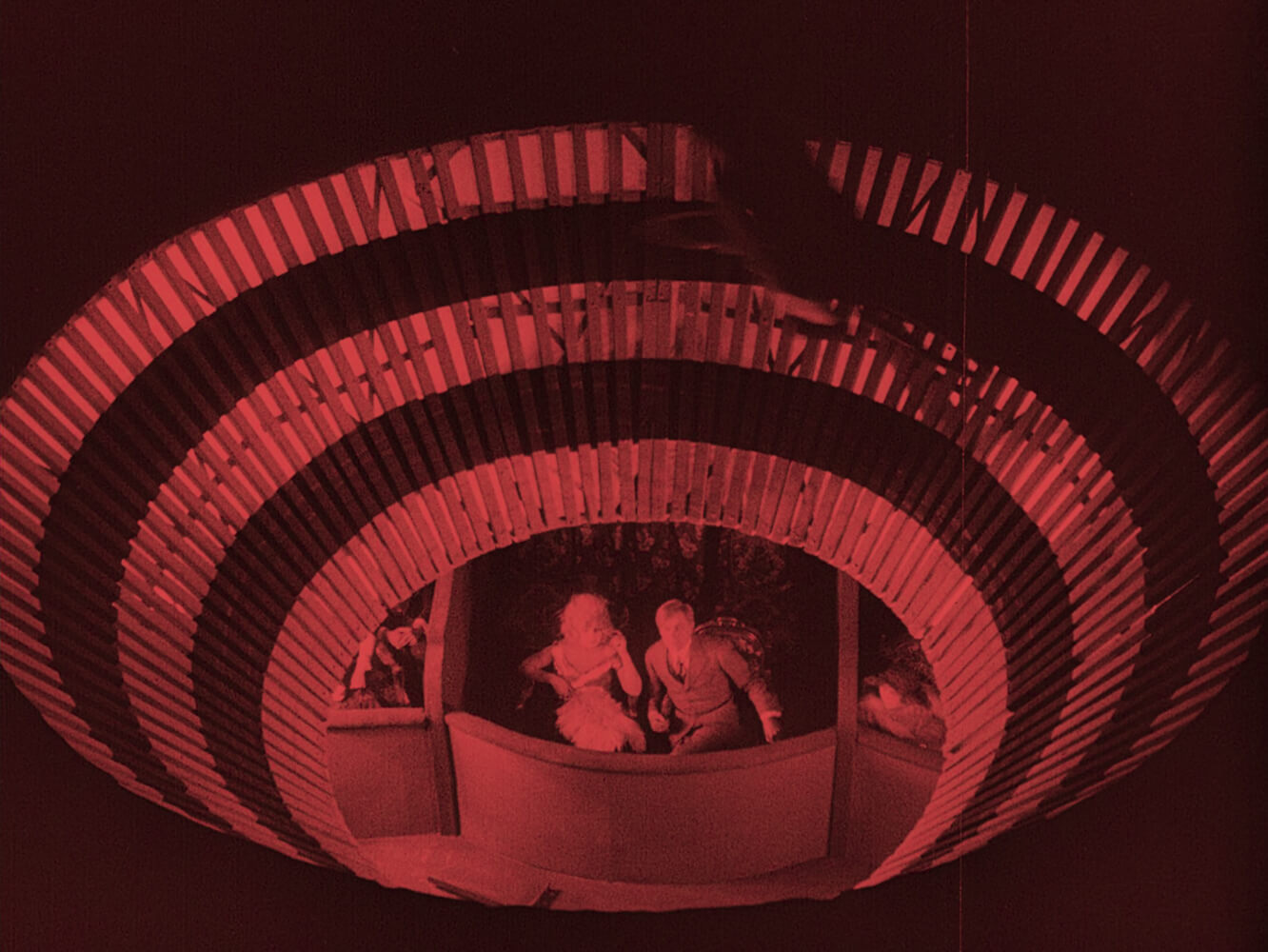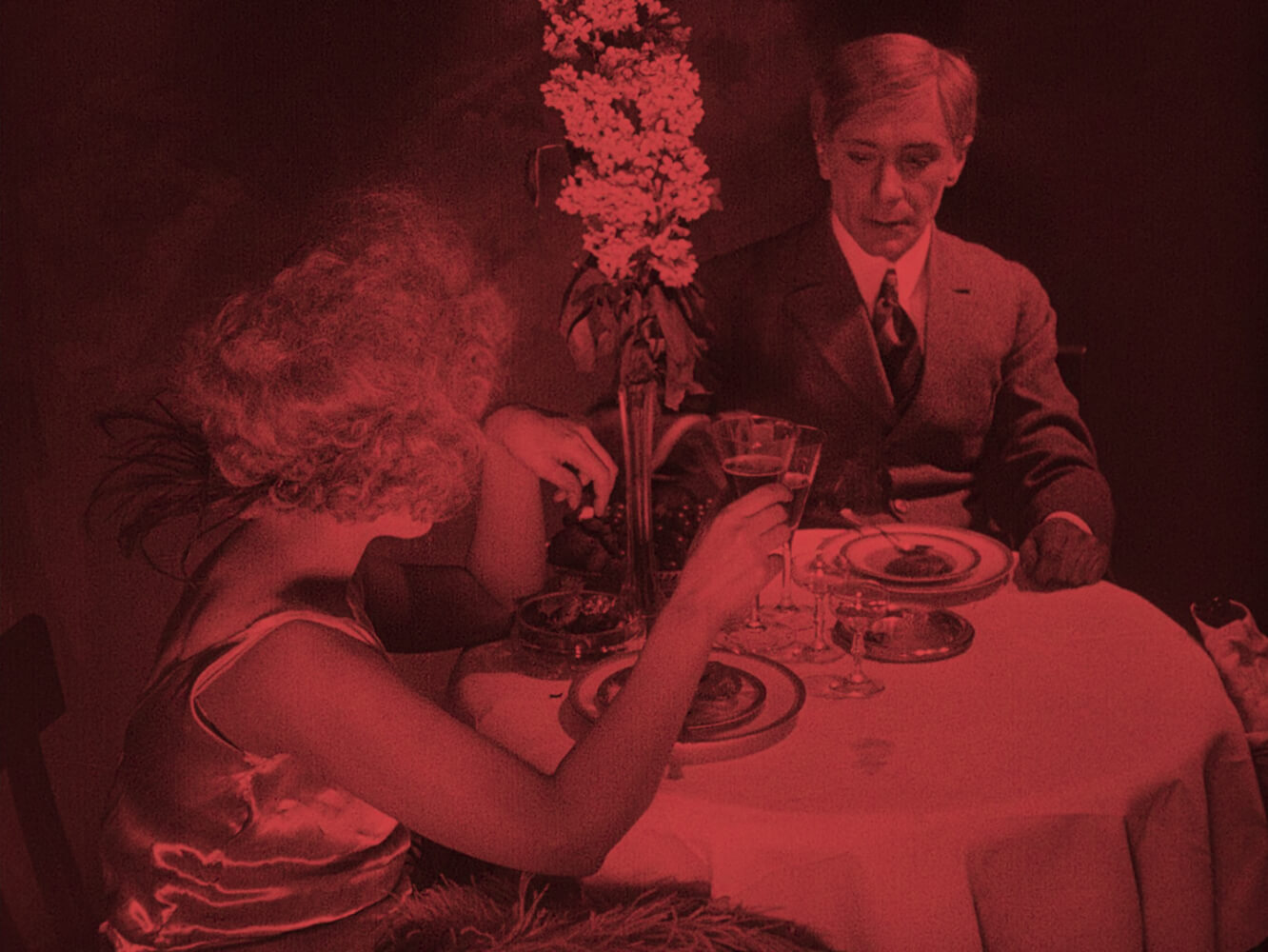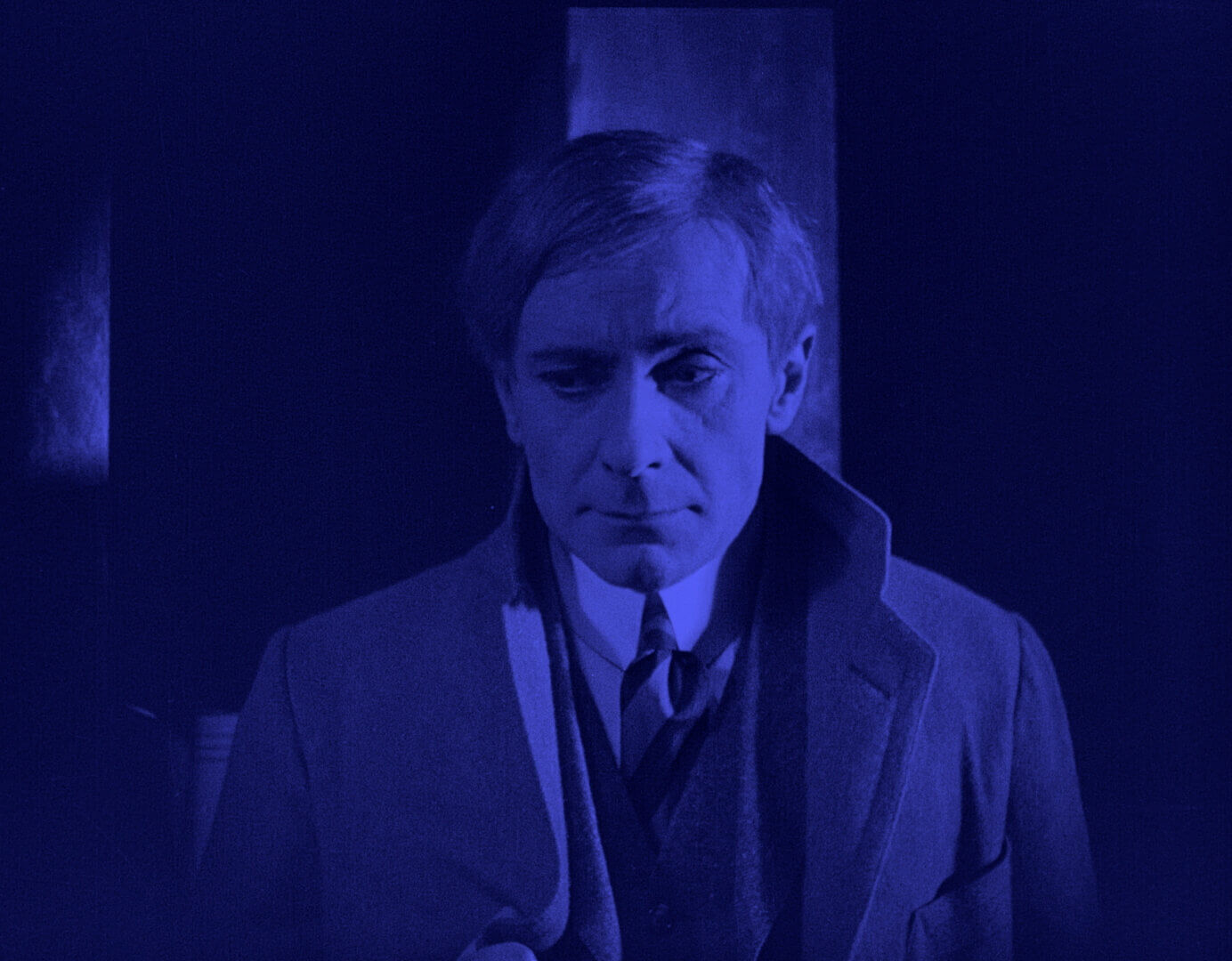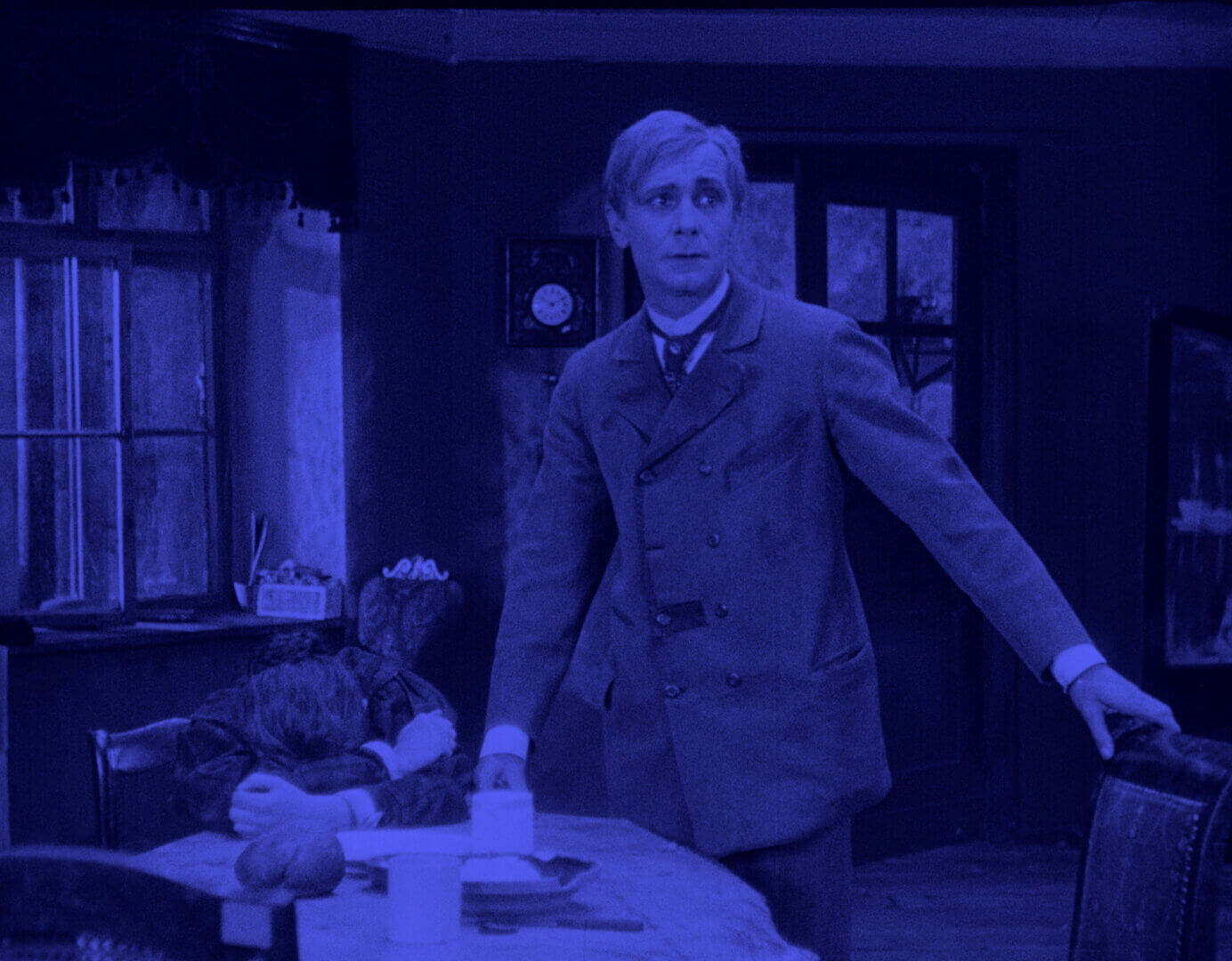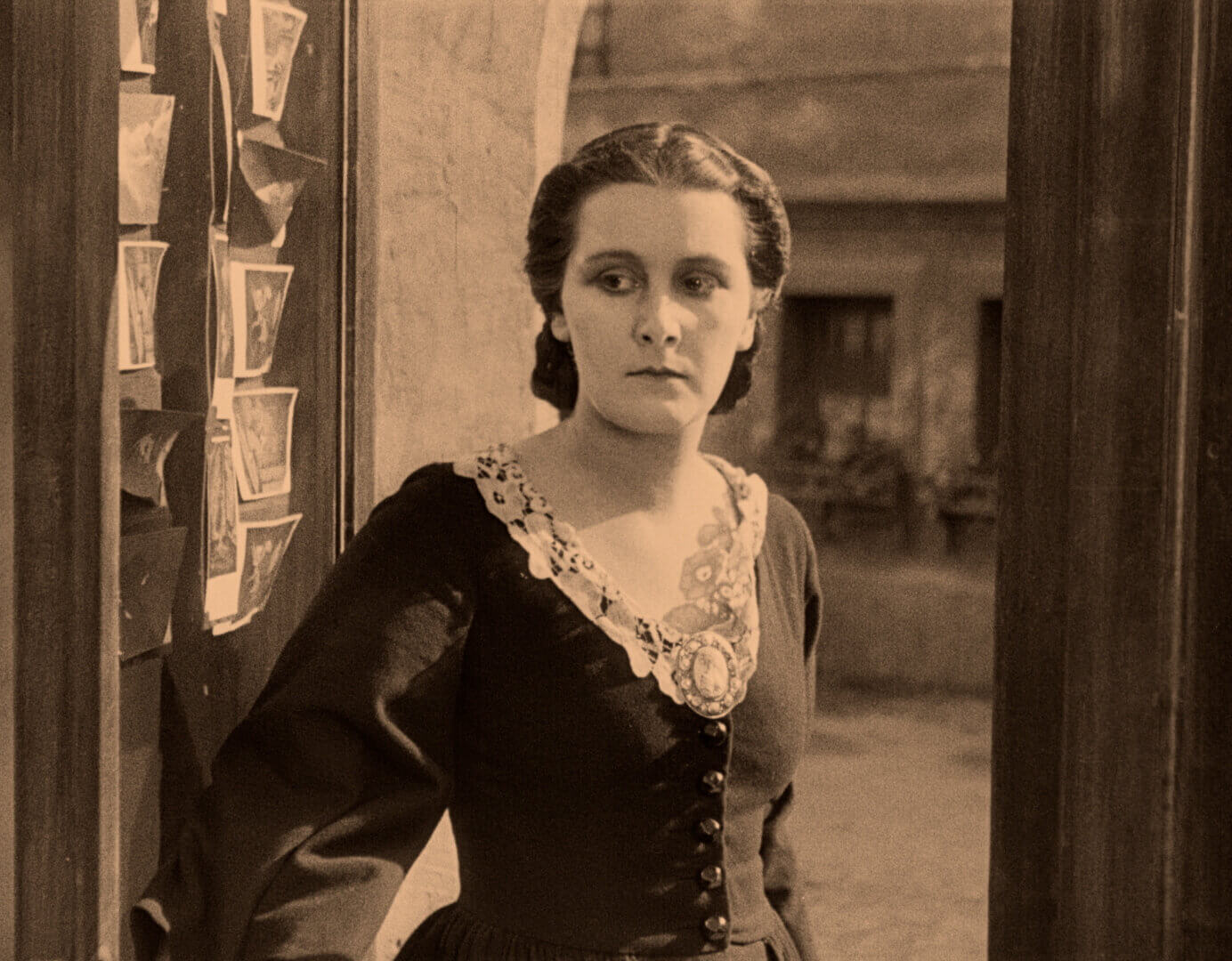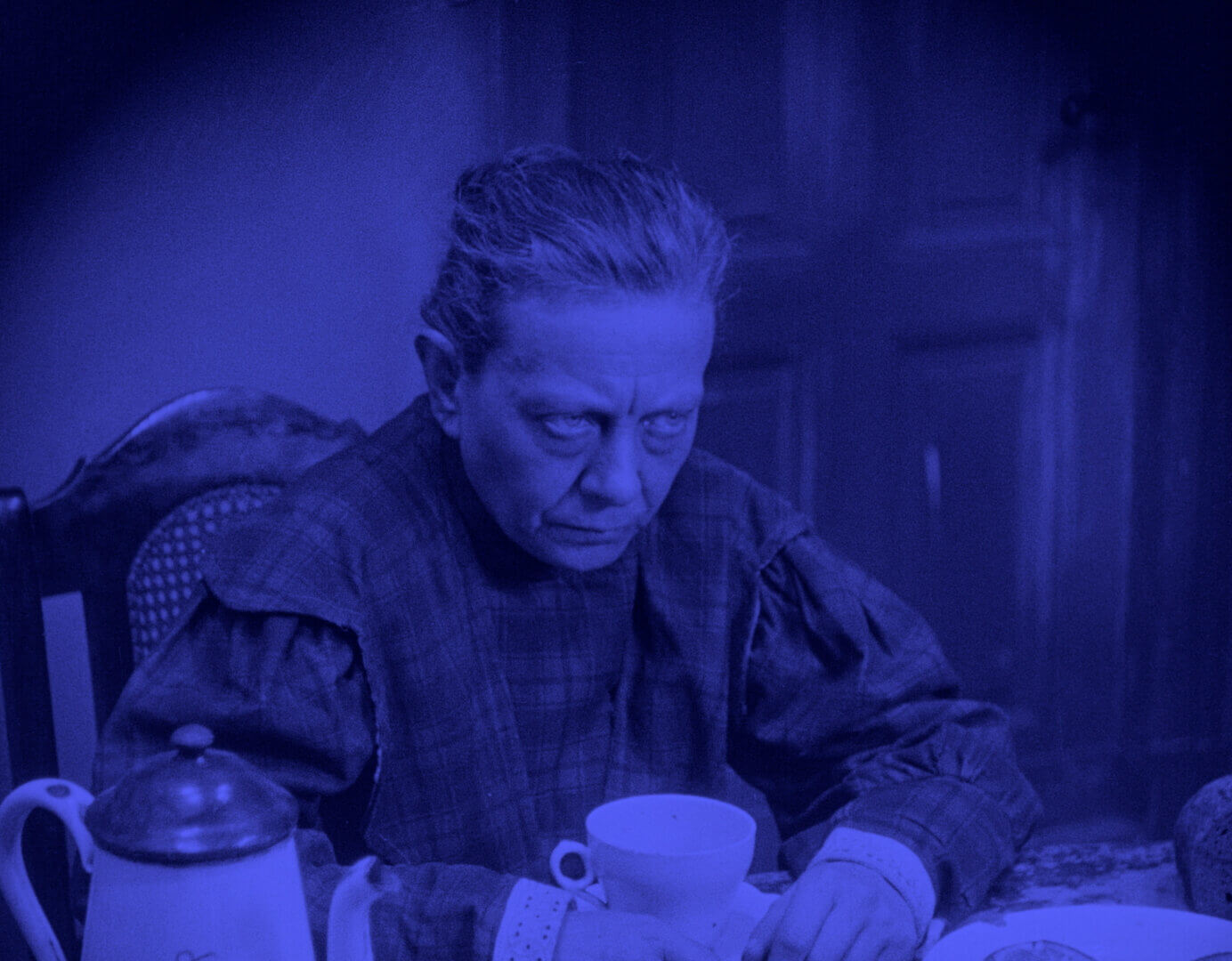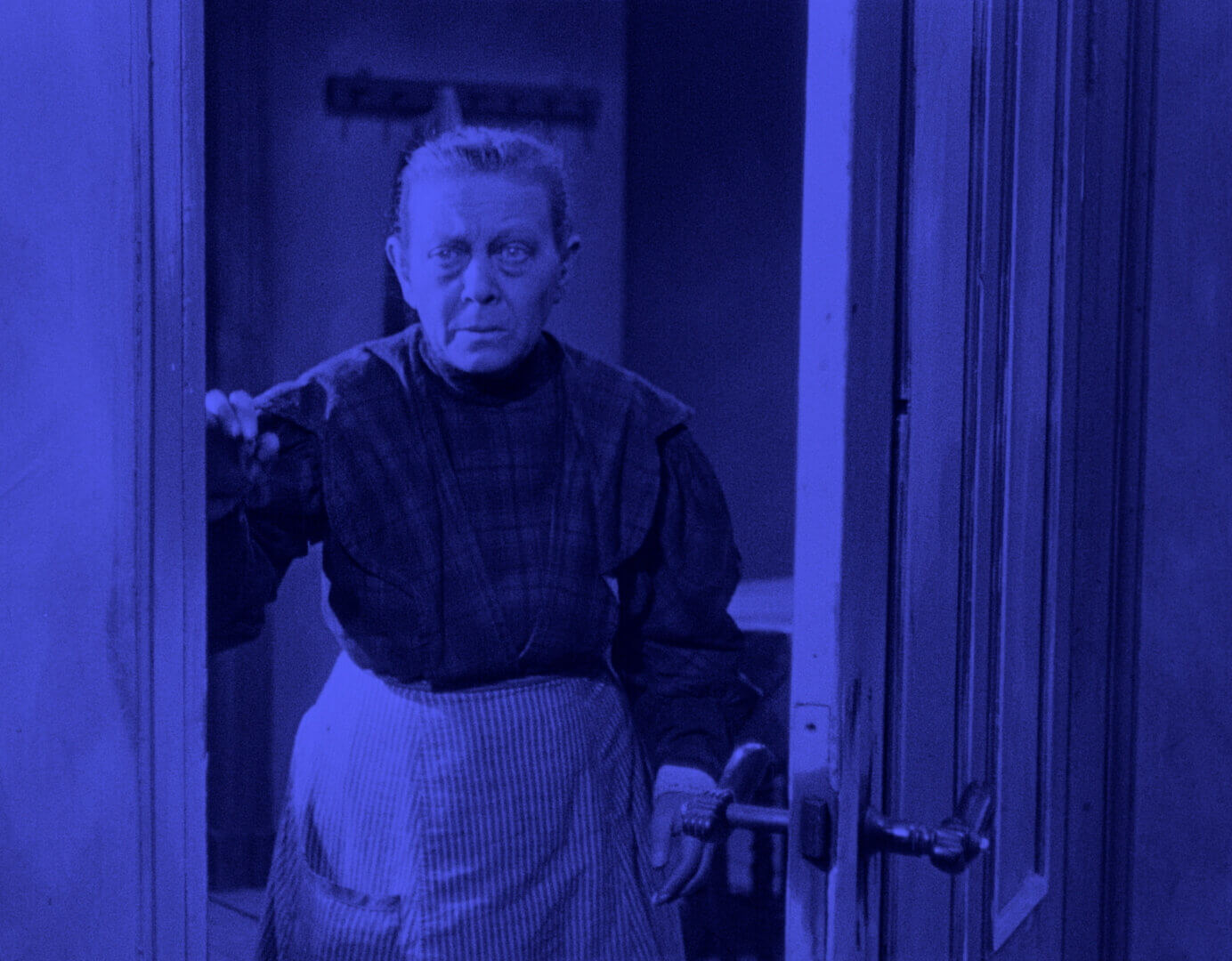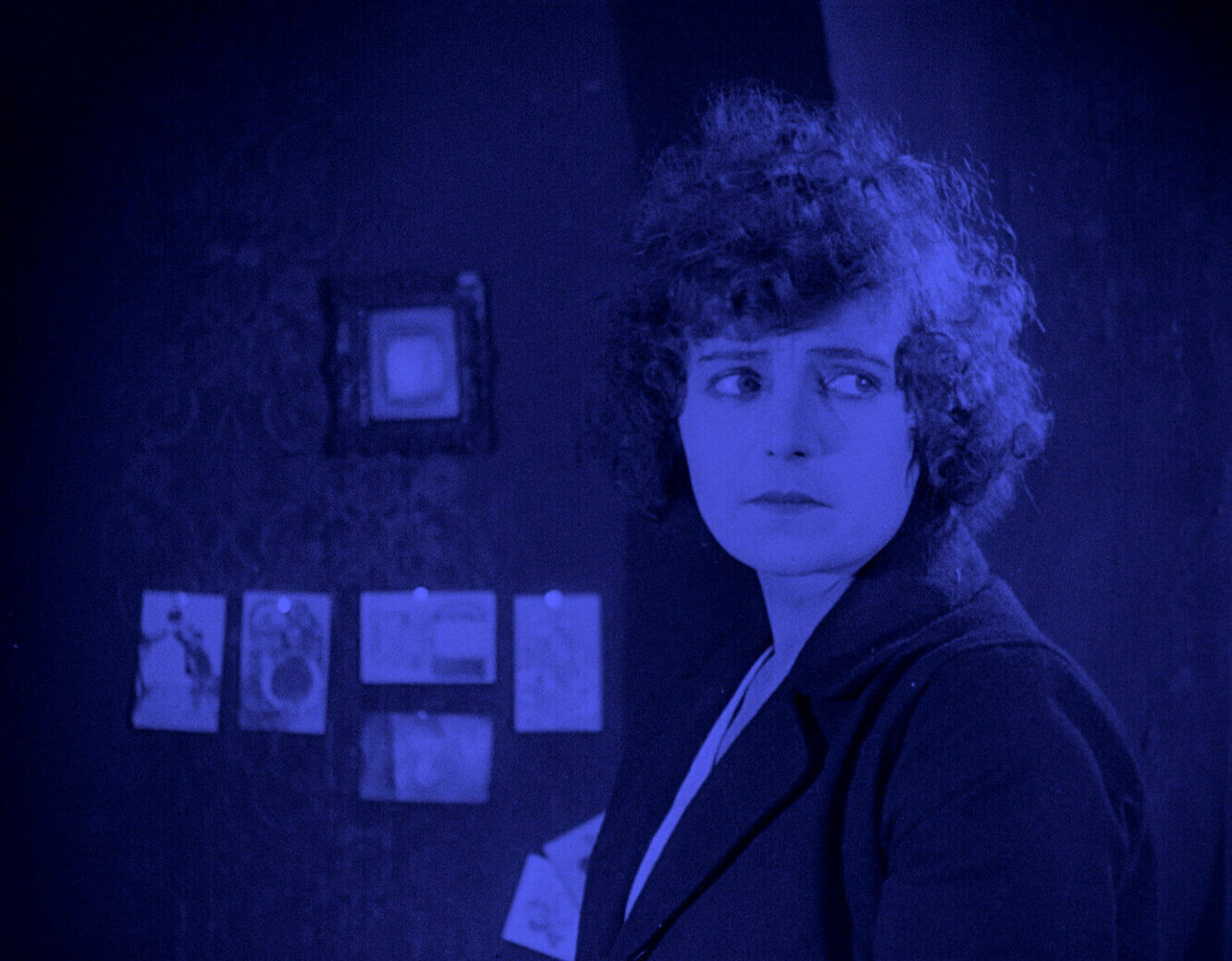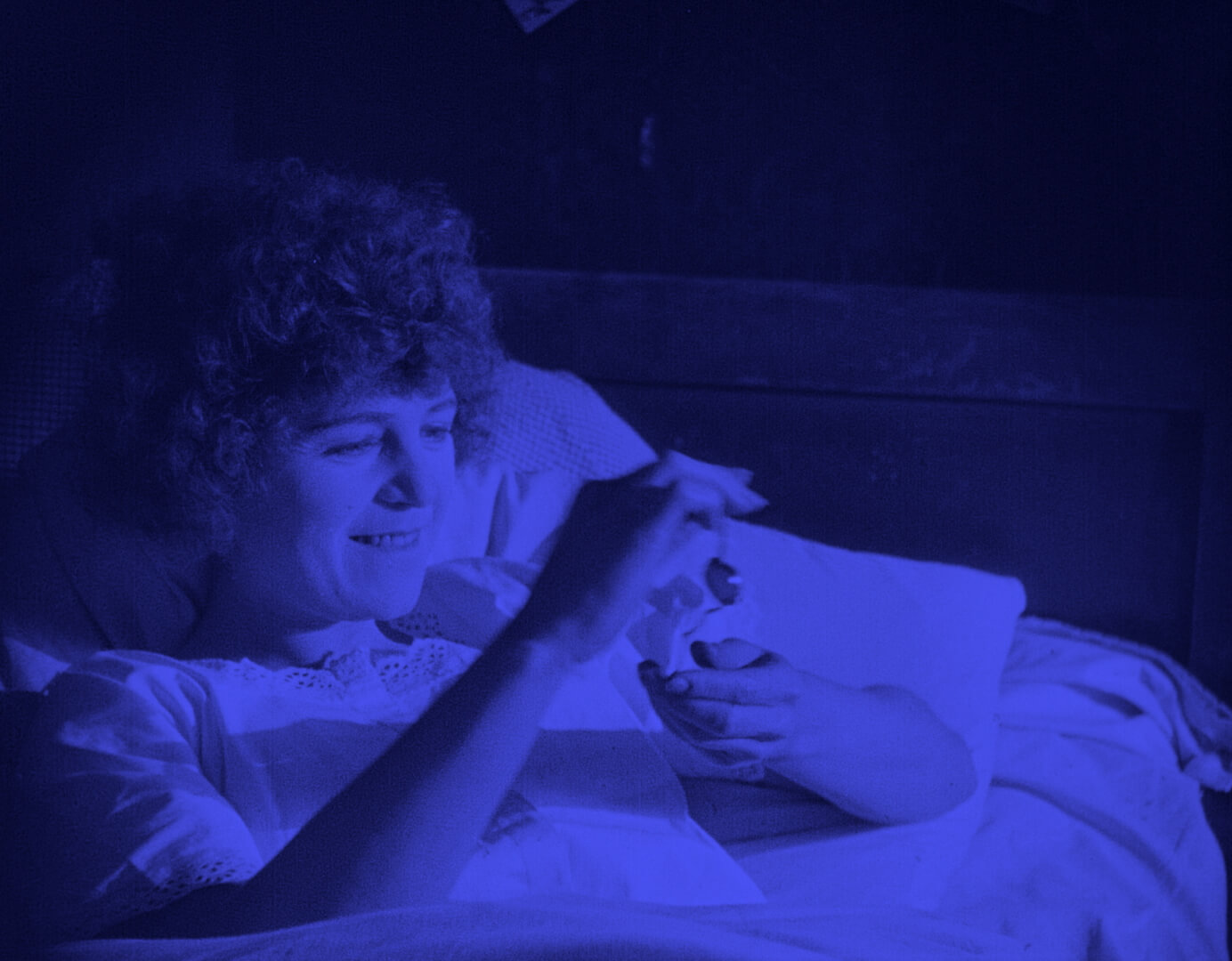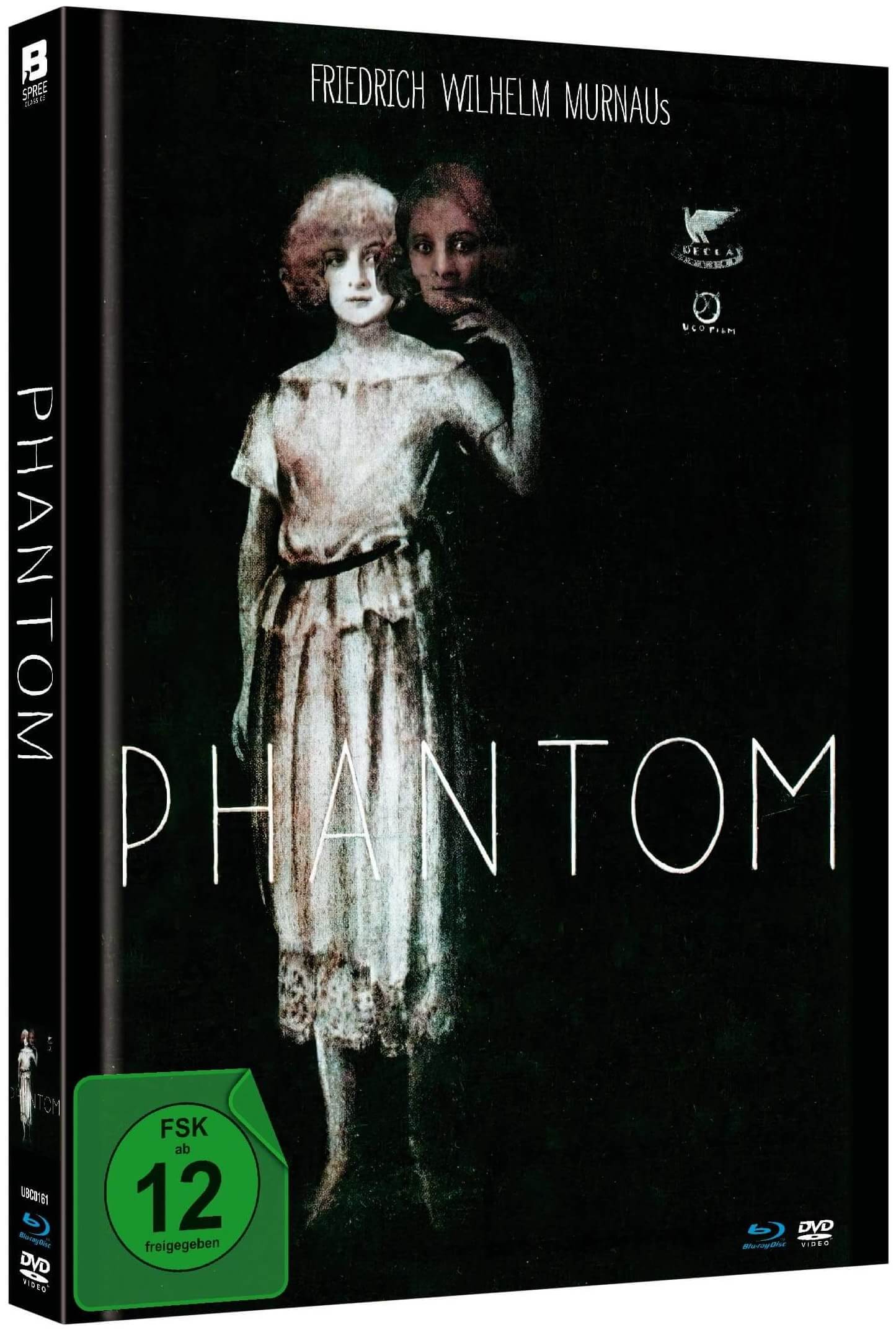Title: Phantom
Director: Friedrich Wilhelm Murnau
Screenplay: Thea von Harbou
Original novel: Gerhart Hauptmann
Actors: Alfred Abel, Frida Richard, Aud Egede-Nissen, Lil Dagover, Karl Etlinger, Hans Heinrich von Twardowski, Adolf Klein, Olga Engl, Lya de Putti, Ilka Grüning
Producer: Erich Pommer
Cinematography: Axel Graatkjaer, Theophan Ouchakoff
Buildings: Erich Czerwonski, Hermann Warm
Editing: Friedrich Wilhelm Murnau
Music: Leo Spies
Production Company: Uco-Film GmbH
Production Year: 1922
Genres: Drama, Silent movie
Country: Germany
Language: Silent film
Location: Bioscop studio, Neubabelsberg, Potsdam, Brandenburg
Length: 116 min
FSK: 12
Aspect ratio: 4:3 – 1.33:1
Sound: Mono
Other titles:
German: Phantom
French: Le fantôme
Italian: Fantasma
Spanish: El beso de la fama
Film label: B-Spree Classics
Premiered on November 13, 1922, Ufa-Palast am Zoo, Berlin on the occasion of Gerhart Hauptmann’s 60th birthday.
Mediabook (Blu-Ray+DVD): November 11, 2022



